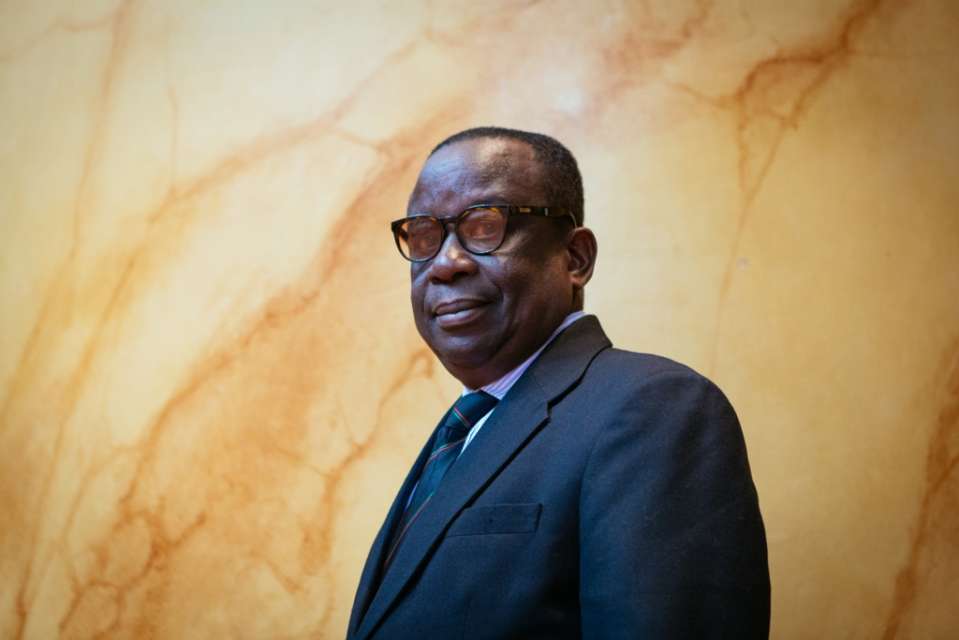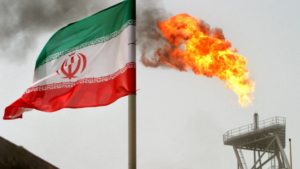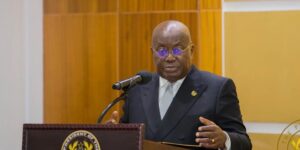*Over jailbreak of Boko Haram members
Story: Kwabena AKYEANA
National Security has called on Ghanaians to be vigilant, observant and report any suspicious character or movement to security agents.
According to our source at the National Security all operatives are active and working around the clock to secure the country and encouraged citizens to provide prompt and useful information to achieve collective peace and security.
This comes partly on the heels of a red alert issued by the Ghana Immigration Service (GIS) for the arrest of 443 inmates who escaped from the Kuje Maximum Security Prison in Abuja in Nigeria.
Out of the number are 64 Boko Haram suspects who were rescued by the Jihadists Group Boko Haram on Wednesday, July 6, 2022.
It said the suspects were expected to be running to neighbouring countries, including Ghana through both approved and non-approved routes.
Officials said the jailbreak was believed to have been orchestrated by the Group as high end explosives and guns were used in the process that freed 64 of their members who were inmates at the prison in Abuja, Nigeria.
The alert, therefore, cautioned the public to watch out for strange people with suspicion characters in their communities.
Brief History of Boko Haram
Boko Haram, officially known as Jamā’at Ahl as-Sunnah lid-Da’wah wa’l-Jihād[15] (Arabic: جماعة أهل السنة للدعوة والجهاد, lit. ’Group of the People of Sunnah for Dawah and Jihad‘ is an Islamic terrorist organization based in northeastern Nigeria, which is also active in Chad, Niger, and northern Cameroon. In 2016, the group split, resulting in the emergence of a hostile faction known as the Islamic State’s West Africa Province.
Founded by Mohammed Yusuf in 2002, the group was led by Abubakar Shekau from 2009 until his death in 2021, although it splintered into other groups after Yusuf’s death and also in 2015. When the group was first formed, their main goal was to “purify Islam in northern Nigeria, believing jihad should be delayed until the group was strong enough to overthrow the Nigerian government. The group formerly aligned itself with the Islamic State of Iraq and the Levant. The group has been known for its brutality, and since the insurgency started in 2009, Boko Haram has killed tens of thousands of people, in frequent attacks against the police, armed forces and civilians. It has resulted in the deaths of more than 300,000 children, displaced 2.3 million from their homes, and was the world’s deadliest terror group during part of the mid 2010s according to the Global Terrorism Index. Boko Haram has contributed to regional food crises and famines.
After its founding in 2002, Boko Haram’s increasing radicalisation led to the suppression operation by the Nigerian military and the killing of its leader Mohammed Yusuf in July 2009. Its unexpected resurgence, following a mass prison break in September 2010 in Bauchi, was accompanied by increasingly sophisticated attacks, initially against soft targets, but progressing in 2011 to include suicide bombings of police buildings and the United Nations office in Abuja. The government’s establishment of a state of emergency at the beginning of 2012, extended in the following year to cover the entire northeast of Nigeria, led to an increase in both security force abuses and militant attacks.
Of the 2.3 million people displaced by the conflict since May 2013, at least 250,000 left Nigeria and fled to Cameroon, Chad or Niger.[30] Boko Haram killed over 6,600 people in 2014.
The group has carried out massacres including the killing by fire of 59 schoolboys in February 2014 and mass abductions including the kidnapping of 276 schoolgirls in Chibok, Borno State, Nigeria, in April 2014. Corruption in the security services and human rights abuses committed by them have hampered efforts to counter the unrest.
In mid-2014, the militants gained control of swaths of territory in and around their home state of Borno, estimated at 50,000 square kilometres (20,000 sq mi) in January 2015, but did not capture the state capital, Maiduguri, where the group was originally based. On 7 March 2015, Boko Haram’s leader Abubakar Shekau pledged allegiance to the Islamic State of Iraq and the Levant. According to the BBC, due to internal disputes between the two groups, hundreds of terrorists left Boko Haram and formed their own organization, named “Islamic State’s West Africa Province”.In September 2015, the Director of Information at the Defence Headquarters of Nigeria announced that all Boko Haram camps had been destroyed but attacks from the group continue. In 2019, the president of Nigeria, Muhammadu Buhari, claimed that Boko Haram was “technically defeated”. However, attacks by Boko Haram have a separate investigation conducted by The Wall Street Journal backed recent claims that Shekau was dead.






One thought on “Fear Grips Ghana”
When will a reporter write articles on the difficultly or success Groupe Nduom officials are having collecting from the list of 4,300 debtors?